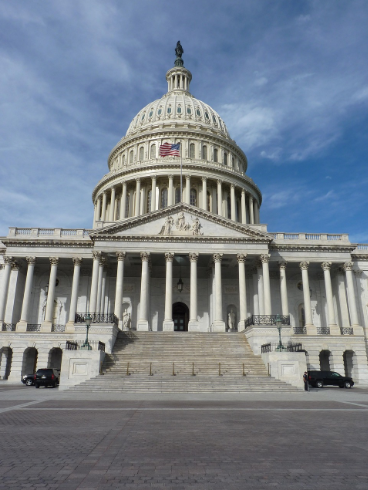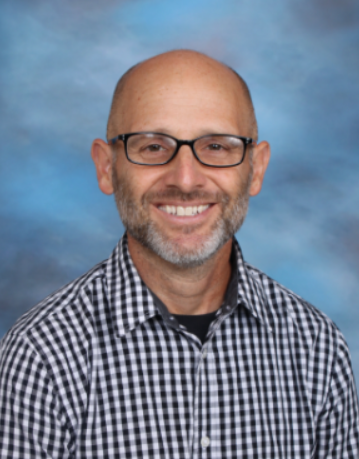A Possible Solution to the Opioid Crisis: Supervised Injection Facilities
In October of 2017, President Donald Trump declared the opioid epidemic a public health emergency. According to PBS, this epidemic is now known as the “worst drug crisis in American history.” However, there may be a solution known as supervised injection facilities.
These sites come in many forms, whether located in a building on a busy street, or tents in a local park. The objective is to cut down on opioid related deaths; yet, the solutions are the drugs themselves.
At these sites, users bring their own drugs like heroin or fentanyl. Users are then given clean needles and a safe place to inject drugs. If a user overdoses, there are doctors on hand at each supervised injection facility to save their lives.
According to the Drug Policy Alliance (DPA), SIFs have been known to reduce public injecting, as well as increase public safety.
According to the DPA, the clean needles provided reduce the chance of getting harmful infection and diseases, especially for HIV and AIDS. They were not found to increase drug use or drug-related crimes, rather, they increased the number of users who enter drug treatment.
“This is probably something that should happen for a couple of reasons,” says Paula Nordwig, an Arrowhead school nurse and former EMT. “I think these safe injection sites can be equated to a suicide hotline. A person calls the suicide hotline, they’re suicidal, and it’s an opportunity for the person on the other end to intervene. They keep them safe in that moment and also intervene and get them help. That’s exactly what these safe injection sites are doing. It’s a place where we know people are using, lets have them come to a place where the needles are clean, where it’s supervised, and where, if there is an issue, there are people there who can deal with it right away.”
There are currently 100 SIFs in nine countries around the world: Switzerland, Germany, the Netherlands, Norway, Luxembourg, Spain, Denmark, Australia, and Canada. None are in legal operation in the United States.
“I don’t necessarily dislike the idea of supervised injection sites. I think that it can be a helpful place for some, but I feel that it gives people the impression that they can continue drug use without worry,” says Emily Nettesheim, an Arrowhead senior.
According to the BC Medical Journal, many police officers in the Vancouver area recommend alternatives to SIFs. These include abstinence, mandatory treatment, and proper education on the subject of drugs.
“Personally, I think they’re hurting more than helping,” says Arrowhead senior Rebecca Zimdars. “They are literally giving people the tools and the incentive to use. Yeah sure, they save lives. But what are the lives of those saved going to do a week later? Overdose once again. It’s horrible that we have to result to these safe injection sites instead of fighting the epidemic at the source.”
Nordwig says, “My gut reaction is, this is a great idea. But I can see there is going to be some pushback, I mean there’s already pushback in the suburbs. ‘We don’t have that problem here. Heroin? No! Impossible!’”
According to Vancouver’s Coastal Health, InSite was the first SIF to be opened in North America, which began operating in 2003. It is located on the Downtown Eastside, an area with a high number of drug users. This facility is “under exemption from prosecution under federal drug laws.”
Will these SIFs eventually be implemented in the United States, or is putting money towards rehabilitation a better option?
“I think these will eventually be implemented in the United States. If other countries are implementing them, sooner or later the U.S is bound to follow,” says Zimdars.
“The government should instead be putting money into rehabilitation centers that can provide the proper care for users of these drugs,” says Nettesheim, “but I don’t think it would hurt to have a few located in the major cities in the United States to see how things go. At the site, they should have pamphlets and people to talk to about their addiction because although the supervised injection sites can prevent death, it does nothing to change the addiction except potentially amplify it.”
Both Zimdars and Nettesheim say they believe government money should be going towards educating the public on the effects of opioids.
“Knowledge is power,” says Zimdars.
According to National Public Radio, the city of Philadelphia is promoting the idea of SIFs and working towards becoming the first city in the United States to open one of these sites.
“Unfortunately, in America, I think we have to wait until things get really really bad before we do anything about it…this is, I think, a step in the right direction,” says Nordwig.








